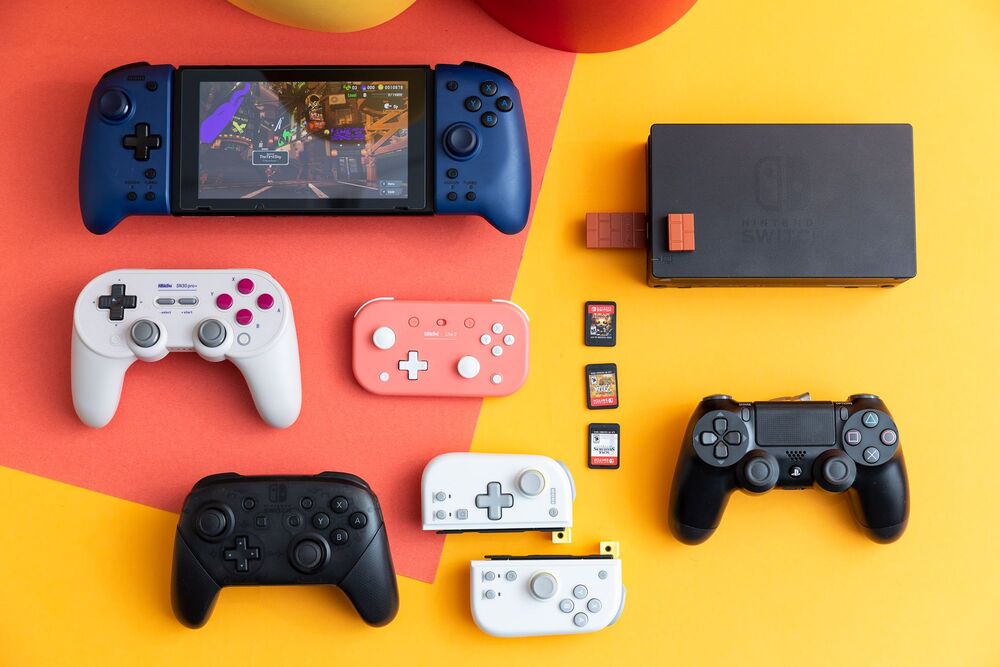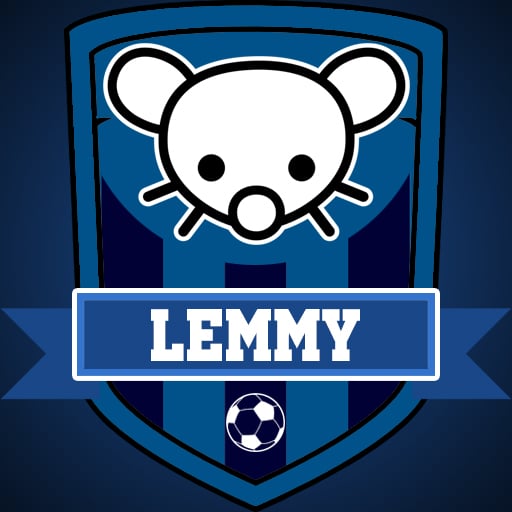
I quit cold turkey too. Took a lot of willpower since I loved smoking. I think the psychological aspect is the stickiest part of my addiction. Even though the physical addiction has to have subsided by now I’ll never stop missing the intangibles. The small meditative aspect to smoke breaks, gathering your thoughts. The smoke alongside your black morning coffee. Always having something to keep your hands busy, like a social shield when you’re among people or preventing boredom and loneliness when you’re waiting for a train. Even the taste of it, that I unironically enjoyed.
Never was a Camel man myself, though. I actually really liked Gitanes when I was in France, otherwise Benson & Hedges was my brand. Smoked a lot of Luckies too, though. We’re easier to find around here.














Don’t know why I’m not hyped about this game. It should appeal to me. I love a cyberpunky dystopia, retro-futurism is perhaps my favourite aesthetic and early 2000s influences should be prime nostalgia bait for me. But I’ve watched some trailers and it just isn’t hitting the spot for me. It looks like it’s going for more comedy, so maybe the humour comes through better in the actual game?
Can someone who played it fill me in? Is it actually good? Is the combat actually good? I heard mixed things from people during the betas.